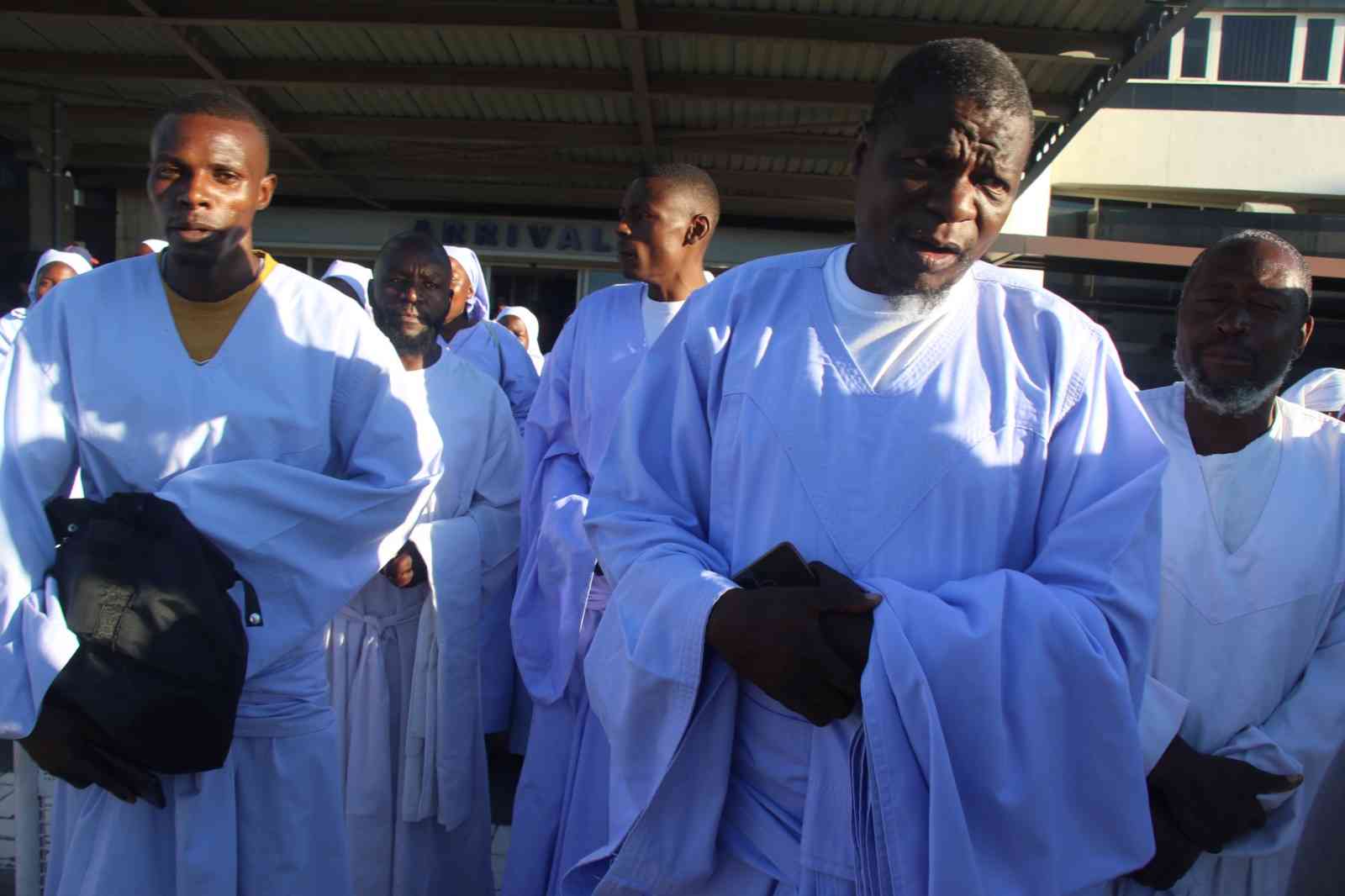
INKULULEKO Yabatsha School of Arts (IYASA), director Nkululeko Innocent Dube says since the group’s formation in 2001, it has seen the tastes and preferences of audiences evolve over time.
While the group has always been well-received by audiences, the generations of audiences have changed in how they engage with the art.
The group's early audiences were particularly drawn to the dance elements of their performances, while more recent generations have been attracted by the group's use of new media and innovative storytelling.
This evolution of audience engagement is a testament to Iyasa's ability to adapt and evolve over time. The group has had to adapt to changing audience demographics and interests by shifting away from the traditional public events that were their mainstay and towards a greater focus on working with corporate, government and NGO partners to create more tailored messages for specific audiences.
This shift has allowed the group to not only stay relevant and reach a wider audience, but also to have a greater impact on social issues among other things.
Dube, a teacher by profession, told Standard Style that over the years, Iyasa has seen a shift in its audience demographics, with each generation of audiences having different interests and expectations.
“Audiences have changed from generation to generation. Audiences before were interested and excited by the dance and I think the nostalgia of how we created what we created and yeah, there were generations that were close, probably to the music and the dances that we were doing back then, even in theatre, it was the same," he said.
“Now audiences have changed also with younger people that have come up, even the performers themselves have changed, with younger generations that have come through and that means we have recreated ourselves and re-found ourselves."
- Why every artiste should write a will before death
- Why every artiste should write a will before death
- Mystery of Zambia migrating bats
- ‘Local theatre is in limbo’
Keep Reading
Dube said the changing tastes of audiences have required the group to constantly adapt and evolve their approach.
“So we continue as we are looking at the market. It just depends on where we are. Internationally, it's probably still the traditional side of Africa that they are interested in. The change has also been that theatre has also grown a lot and they now expect us to tell the African story as in how modern it is and how it is now.
“So, international audiences were interested in the African culture and the traditions of Africa and I think when you talk about the generation now, they are interested in life in Africa, the real life in Africa.
“Most people back then, if you talk about the time we started touring, most of them had no idea what kind of life people in Africa lived and probably thought it was more of the touristic view of what they were seeing on television and other media,” he said.
He added that the focus of Iyasa's work has evolved from simply celebrating and showcasing African culture, to exploring the realities of modern life.
“But now it's about life, it's about real life. The world has become a global village and therefore that's what we are showcasing, life in Zimbabwe as it is now challenged from within by young people especially because we are an organisation that looks at young people.
“When we talk about local audiences, originally it was the dance. The dance was very much popular. We are very happy to say that I think we have grown with our audiences when it comes to Zimbabwe. We also know that audiences, depending on the region we are in, also vary as to what they want or who they are.”









